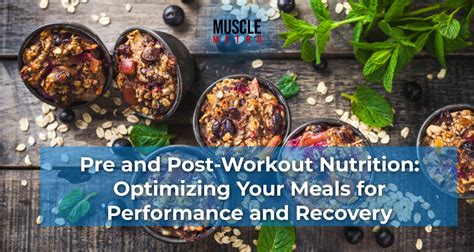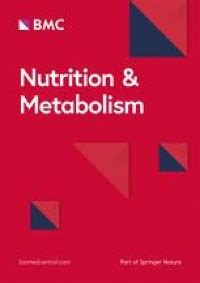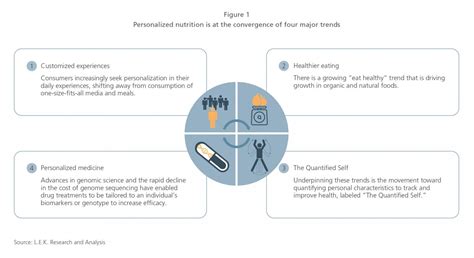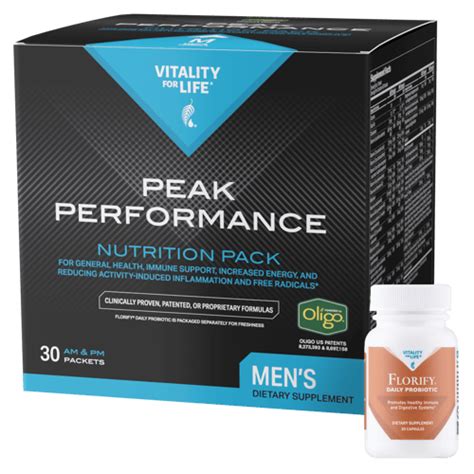Fueling strategies: Optimal pre/post-workout nutrition for max performance?

The Critical Role of Peri-Workout Nutrition
Whether you’re an elite athlete or a dedicated gym-goer, what you consume before and after your workouts plays a pivotal role in dictating your energy levels, endurance, strength, and ultimately, your recovery and results. Proper fueling isn’t just about avoiding hunger; it’s a strategic approach to optimize physiological processes, prevent muscle breakdown, and accelerate adaptation.
Understanding the science behind nutrient timing can transform your training sessions, helping you push harder, recover faster, and achieve your fitness goals more effectively. This guide will break down the essential components of pre- and post-workout nutrition, providing actionable insights for peak performance.
Pre-Workout Nutrition: Priming Your Body for Action
The goal of pre-workout nutrition is to provide your body with sustained energy, prevent premature fatigue, and minimize muscle damage during exercise. The timing and macronutrient composition of your meal or snack are crucial.
Timing is Everything
- 2-3 hours before: A balanced meal rich in complex carbohydrates, moderate protein, and low in fat and fiber. This allows for proper digestion and nutrient absorption.
- 30-60 minutes before: A smaller, easily digestible snack, primarily carbs with some protein. Avoid anything heavy that might cause discomfort.
What to Eat: The Macronutrient Breakdown
- Carbohydrates: These are your primary energy source. Opt for complex carbs for sustained release (oatmeal, whole-grain bread, sweet potatoes) in larger pre-workout meals, and simpler carbs (fruit, rice cakes) closer to your workout for quick energy.
- Protein: A moderate amount of protein helps protect muscle tissue during exercise and aids in preventing excessive muscle breakdown. Good sources include lean meats, eggs, Greek yogurt, or a protein shake.
- Fats: Keep fat intake low in your immediate pre-workout meal as fats slow down digestion, which can lead to stomach upset during exercise.

Post-Workout Nutrition: The Golden Hour for Recovery
Post-workout nutrition is equally vital, focusing on replenishing glycogen stores, repairing muscle tissue, and reducing inflammation. The period immediately following exercise, often referred to as the ‘anabolic window,’ is critical for maximizing recovery and growth.
The Recovery Window
Aim to consume your post-workout meal or shake within 30-60 minutes after finishing your exercise. While the ‘window’ might be longer than previously thought, faster replenishment can kickstart recovery processes more efficiently.
What to Eat: Accelerating Recovery
- Carbohydrates: Fast-digesting carbohydrates are key to quickly replenish muscle glycogen depleted during your workout. Examples include fruit, white rice, potatoes, or sports drinks.
- Protein: A substantial dose of high-quality protein provides the amino acids necessary for muscle repair and synthesis. Whey protein, chicken breast, fish, eggs, or tofu are excellent choices. Aim for 20-40g of protein.
- Fats: A small amount of healthy fats is acceptable post-workout, but prioritize carbs and protein first.

Key Macronutrients in Detail
Carbohydrates: Your Fuel Tank
Carbohydrates are stored as glycogen in your muscles and liver, serving as the primary fuel source for high-intensity exercise. Consuming adequate carbs ensures you have enough energy for your workout and helps replenish these stores afterward, preventing fatigue and promoting recovery.
Proteins: The Building Blocks
Protein provides amino acids, which are essential for muscle repair, growth, and overall tissue maintenance. During exercise, muscle fibers undergo micro-tears; protein intake post-workout helps to rebuild and strengthen these fibers, leading to adaptations like increased muscle mass and strength.
Hydration: The Unsung Hero
Don’t underestimate the power of proper hydration. Water plays a critical role in nutrient transport, temperature regulation, and joint lubrication. Dehydration can significantly impair performance and delay recovery.
- Before: Drink plenty of water throughout the day leading up to your workout.
- During: Sip water regularly, especially during longer or more intense sessions.
- After: Replenish lost fluids and electrolytes, particularly if you’ve sweat heavily.

Tailoring Your Strategy
Optimal fueling strategies aren’t one-size-fits-all. They should be customized based on several factors:
- Type of exercise: Endurance athletes will require more carbohydrates than strength trainers.
- Intensity and duration: Longer, more intense workouts demand greater nutritional support.
- Individual goals: Whether you’re aiming for muscle gain, fat loss, or improved endurance, your macros will shift.
- Body weight and composition: Larger individuals generally require more calories and macronutrients.
Experiment with different foods and timings to discover what works best for your body and your specific training demands. Listen to your body’s signals and adjust your intake accordingly.

Conclusion: Fuel Smart, Perform Better
Strategic pre- and post-workout nutrition is a fundamental pillar of maximizing performance, accelerating recovery, and achieving your fitness potential. By providing your body with the right nutrients at the right time, you optimize energy production, minimize muscle damage, and enhance the adaptive response to exercise.
Embrace these fueling strategies not as restrictive rules, but as powerful tools to unlock a stronger, more resilient, and higher-performing you. Consistently apply these principles, and you’ll not only feel the difference but see significant improvements in your overall health and fitness journey.










